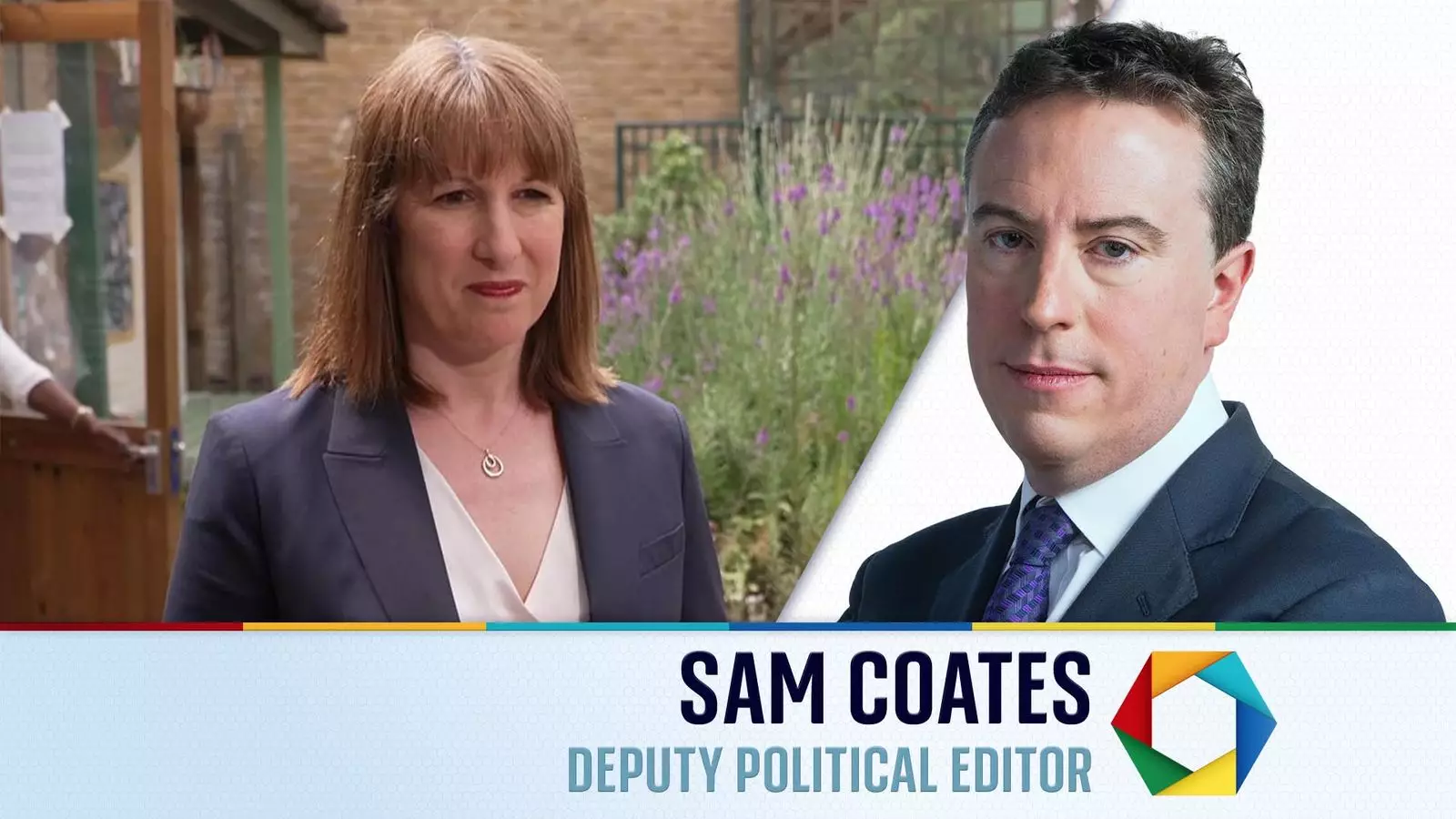The recent U-turn by Labour regarding the winter fuel payment is emblematic of a political party stumbling without a compass. Rachel Reeves, who has prided herself on being a prudent steward of the economy, now risks tarnishing her reputation as a so-called “iron chancellor.” By making such a significant concession without a clear funding strategy, she invites ridicule from her political opponents while eroding the carefully cultivated image of fiscal responsibility. When speculation around tax hikes permeates the summer air, it’s hardly the atmosphere in which the average citizen wants to be working—a potential witch hunt for the government scrupulously searching for funds.
Cherry-Picked Economic Conditions: A Shaky Justification
The government has tried to wrap itself in the comforting cloak of purported economic improvement, but such assertions are increasingly becoming a flimsy defense. The Office for Budget Responsibility (OBR) may have provided some hopeful numbers, but when juxtaposed against the OECD’s recent downgrades, the narrative starts to fray. The promise of declining interest rates feels painfully optimistic, particularly when one acknowledges the decision-making that has led to a stagnation of economic indicators. This dissonance between rhetoric and reality will create a harsh reality check for Labour, as they are forced to confront the truth that simply hoping for better conditions will not remedy fundamental economic troubles.
The Broader Implications: A Slippery Slope
Let’s delve deeper into the question that looms larger than this singular policy: what’s next for Labour? This U-turn sets a troubling precedent that could prompt upcoming retreats on impactful policies like Personal Independent Payments (PIP) and child benefit caps. If Labour capitulates again, they risk presenting themselves as a party perpetually on the back foot—an unattractive image for voters hoping for a decisive and visionary alternative to the Conservative Party. Moreover, the markets’ reactions are likely to be swift and punishing, as they scrutinize every perceived weakness with increasing vigilance, especially if Labour appears indecisive.
Divisions Brewing Within the Party
The upheaval has sparked discord within Labour’s diverse parliamentary ranks, especially between the more centrist faction and the progressive elements advocating for broader spending. Tensions like these can create a rift that is hard to mend, particularly when MPs in traditional Conservative strongholds need to justify their alignment with a party that seems distracted by its internal dilemmas. If Labour’s narrative of fiscal responsibility falters, it may rob them of the much-needed credibility to challenge the Conservatives in the next election.
A Calculated Gamble on Voter Sentiment
Ultimately, this U-turn appears as a desperate gamble to mollify pensioners, who have expressed their discontent vocally. While the calculations may factor in the potential short-term gain from recapturing lost Labour voters, the underlying message is one of surrender—a significant misstep that could jeopardize the party’s long-term integrity. Labour’s hope to neutralize a potent source of voter dissatisfaction while mistakenly believing that the fiscal implications are a secondary concern reflects a disconcerting trend of prioritizing immediate political gains over responsible governance. Only time will reveal the ramifications of this hazardous gamble, and whether the party can effectively recover from this blunder.


Leave a Reply